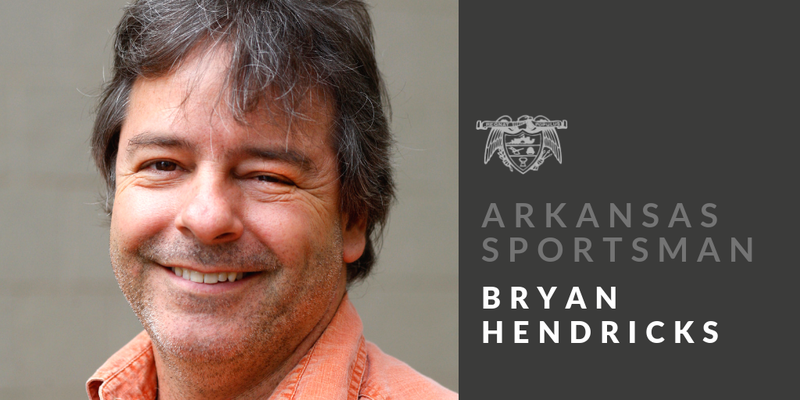SPRINGDALE -- A capacity crowd Tuesday at the Jones Center Auditorium assured the Arkansas Game and Fish Commission that Northwest Arkansas cares deeply about fishing and hunting.
It was the second town hall meeting that the Game and Fish Commission has held since February. The first was in Little Rock.
Almost every person in the audience asked a question or made a comment, prompting commission Chairman Ford Overton of Little Rock to say, "There were no spectators at this meeting. Everyone participated."
Comments and questions ranged from live-release practices at bass tournaments to chronic wasting disease, but the hottest topic was the lack of a shooting range in Northwest Arkansas. Marion Morgan of Springdale started that discussion by noting that the public rifle and pistol range at Hobbs State Park is closed indefinitely. No other range is within a reasonable driving distance, he said.
Jay Schneider, assistant superintendent at Hobbs State Park, said the Hobbs range suffers from overuse and design faults that must be corrected for safety reasons before the range can reopen.
"We harvest five tons of lead out of there every year," Schneider said. "It gets that much use. We're working on a fix. Whichever route we choose is going to take some time. We're looking at a half-million dollars."
Another attendee said the Hobbs facility does not have a shotgun range for high school and middle school students to shoot trap and skeet. There is not another public shotgun facility in the area. That's a barrier to recruiting new hunters and shooters, he said.
That resonated like a church bell to the commission, of which all eight members were present.
Tabbi Kinion, chief of the AGFC's education division, said that establishing a shooting range in Northwest Arkansas is a priority, but the agency has been unable to find a large enough property with willing neighbors and partners.
"The city of Siloam Springs approached us, but there's no property in the city limits that would work," Kinion said. Kinion then asked the audience to share leads to a suitable property.
Overton reminded the audience that the Game and Fish Commission and the Department of Parks and Tourism get an equal share of the statewide conservation sales tax. The agencies, he said, might be able to combine efforts to fill the void.
"Let's work together to find a solution," Overton said. "The will is there. Let's find a way."
Duane Wright criticized the commission on three fronts, including what he described as the commission's failed policy for controlling feral hogs on wildlife management areas. He also said that chronic wasting disease undermines public confidence in the safety of eating deer.
"As soon as you get a CWD positive deer, you're done hunting," Wright said.
He was also frustrated with low turkey numbers despite excellent turkey habitat in Northwest Arkansas.
"I would love to know the answer to that," Wright said. "I've been to some of the best habitat in the country, Gene Rush (WMA) and Bearcat Hollow. I think three birds were killed on Gene Rush and six or seven on Bearcat Hollow. That's very poor, and it's not a habitat issue totally."
Josh Conklin, a walleye fishing guide on Beaver Lake, praised the commission for its walleye program, but he asked the commission to manage the fishery more intensively to protect breeding-size female walleyes. He suggested implementing a 15- to 18-inch slot limit, with a limit of one fish larger than 21 inches.
Roger Yarbrough of Springdale complained that bass tournament anglers bring bass from all over Beaver Lake to weigh-ins at Prairie Creek Recreation Area. All of those fish are released in that spot instead of being redistributed around the lake.
Ben Batten, chief of fisheries for the AGFC, said that is a minor concern for a lake as large as Beaver.
Don Andreason, a striped bass fishing guide, chastised the commission for its regulation restricting the transportation of live baitfish and crayfish from one body of water to another. He said this has created an insurmountable hardship for striper guides, and that the commission targeted striper guides. He said that aquatic birds transport invasive fish and disease.
This prompted an extended repartee between Andreason and the commission. The commission vigorously defended its policy, and the audience applauded.
After the meeting, John Stein, district fisheries supervisor, said: "Walleyes, bass and stripers. They pretty much covered the Big Three."
Sports on 04/28/2019
